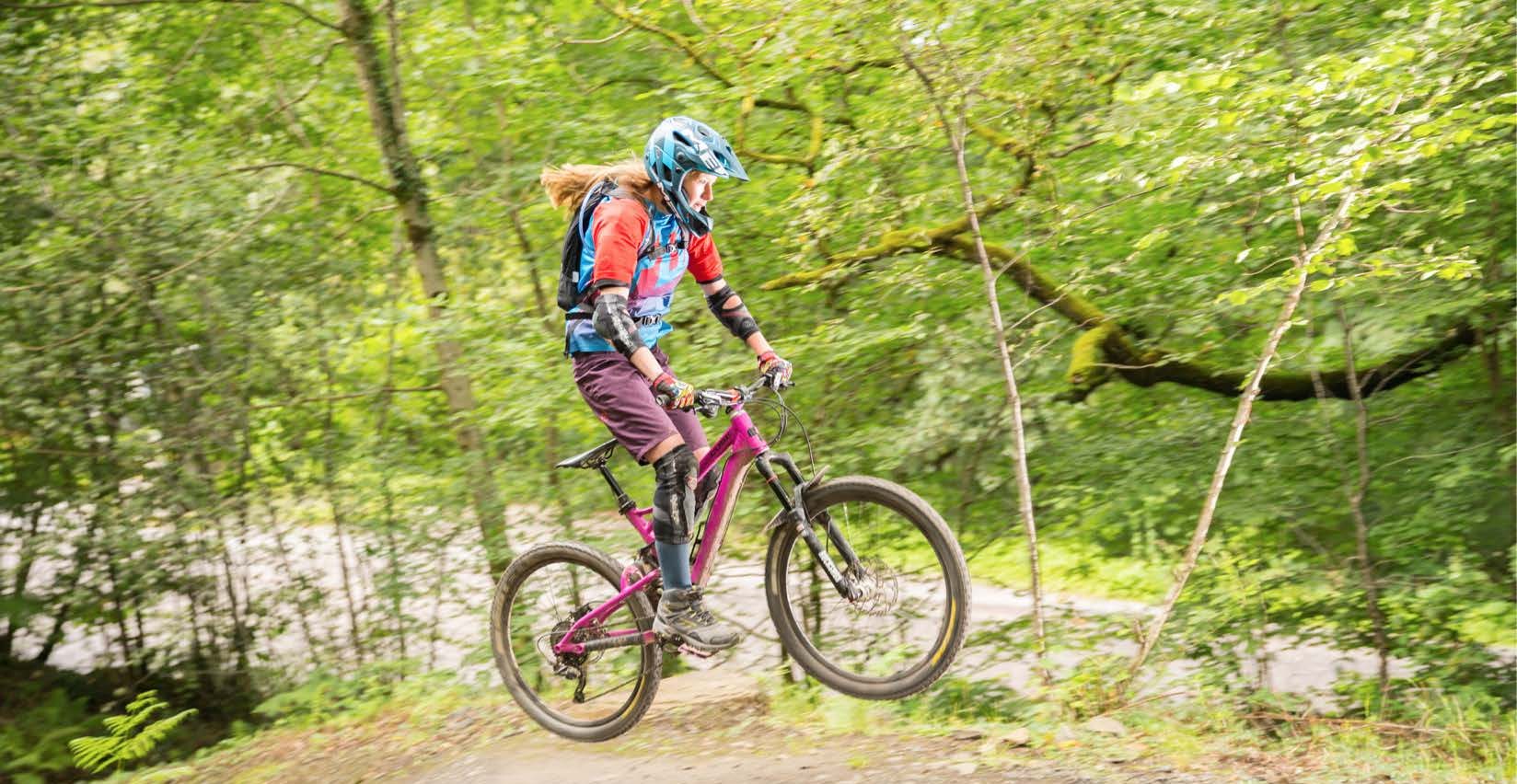
On risk and return
During one of the lockdowns, I crashed my mountain bike whilst chasing my young, fit and highly-skilled daughter around the park. I did a little jump, landed beautifully and was very pleased with myself, so much so I lost concentration, hit a root, lost my balance and crashed headfirst into a tree. Some people will be disappointed to hear that there was no long term damage to anything other than the front wheel of the bike!
The following day I was speaking to a client about risk and reward, and in this case, a rather finely balanced decision he was making in a negotiation. He informed me that I’m mad to be doing what I do on my bike - it's a fair challenge. A discussion then ensued.
When investing money in anything other than cash deposits of some form or another there are risks. You risk losing money; you might not be able to sell what you bought when you want to (illiquidity risk); you might not invest in the right investment - others end up doing better; you might miss out on subsequently better opportunities as you are already committed. This isn’t an exhaustive list.
All of these risks mean that committing all of your money to one specific investment is never a good idea and that you should diversify. But that is not the point I wish to make here. The point here is about whether the risk is worth the return.
During that lockdown, the daily 1-2 hours on my bike with Charlotte provided a combination of hard physical work, complete distraction from the mad world around us, and the sheer joy and exhilaration of bombing down a twisty path at high speed with the wind in your hair.
I’d made a risk judgement that the return (both physical and emotional) was worth the risk of the occasional tumble and a few bumps and scratches. I’d taken steps to mitigate the worst outcomes - I had a good helmet & protective clothing as well as not attempting to do the more extreme manoeuvres my daughter did (even though I’d have got enormous satisfaction from pulling them off). This was partly due to a lack of skill but mainly because middle aged bones don’t bounce like a 17-year-old's, and a trip to hospital was definitely a bad idea.
So, I’d reached the decision that the return was worth the risk. Others might do the same bike ride and spend the entire time feeling terrified of falling off - they would indeed be mad to do it as they would be getting no reward.
Some might say even with my “precautions” I was still exposing myself to an unnecessary risk of something bad happening, no matter how remote the chance. Fair enough.
And at the extreme end, I know some who would say I should try to follow her, and not to worry about the consequences. Hmmm.
Back to the world of investing, one of the key decisions a client has to make with our guidance, is how much risk to take with the money to be invested, and a similar risk reward trade presents itself.
On risk and return...
You need to take enough risks to meet your goals (or at least the vast majority of them), but ensure that the bad outcome doesn’t throw you off course permanently. Chasing too much reward can be as bad as avoiding risk altogether, especially if the excess return doesn’t materially change your circumstances.
We should all go for our equivalent of a bike ride, taking a measured amount of risk to give us the rewards we want. One of our key skills, as your financial planner, is to help you find that balance of risk and reward to get you where you want.
Richard Meek
Managing Director
Richard is a Chartered Financial Planner and the Managing Director of Colmore Partners. For more than 25 years he has delivered holistic Financial Planning advice to a wide range of private clients including entrepreneurs, professional partners and PLC directors and those now retired and living from their wealth.
